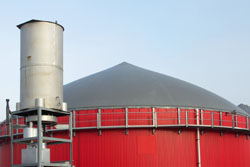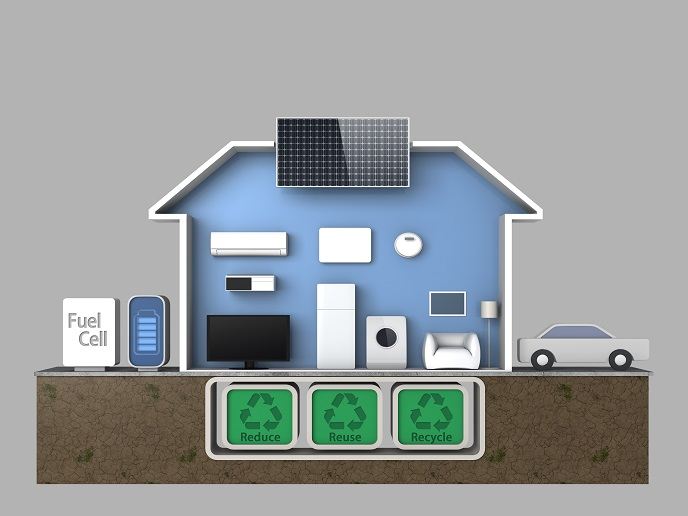High purity syngas from biomass
Combustion of fossil fuels for electricity is associated with a growing number of challenges, including diminishing resources, lack of energy security and contribution to global climate change. Among the many concepts for renewable alternatives is gasification of biomass to produce synthesis gas, or syngas — a useful combination of carbon monoxide, hydrogen and carbon dioxide. Syngas can be burned directly in fuel cells or gas engines, or be used to produce methanol. However, it has faced obstacles to market penetration largely due to contaminants. Tars, solid particulate matter and sulphur compounds in the gas produced can block plant components or impair the function of fuel cells. Scientists initiated the EU-funded project UNIQUE to develop a compact, multi-functional reactor vessel delivering high-purity syngas for small- to medium-scale combined heat and power (CHP) generation and power plants. Size reduction was achieved by integrating fluidised-bed gasification with hot gas cleaning and conditioning in one system. Improved product quality was accomplished with novel catalytic filters instead of a filter followed by a catalytic bed. The catalytic filters and sorbent materials remove sufficient tars, particulate matter and other chemicals to ensure wide market access to power generation technologies. Partners developed a novel catalyst for in-bed tar reduction that reduced tar content by 45 % and increased syngas yield by 40 % in laboratory- and pilot-scale tests. Innovative sorbents (substances that collects molecules by sorption) in the fluidised bed gasifier reduced chemicals in the syngas to below the thresholds required for operation of solid oxide fuel cells (SOFCs), whose performance was superior to that using reference fuels. Using tar-reforming catalytic filter systems, UNIQUE scientists manufactured commercial-size catalytic ceramic candle filters (filters shaped like hollow candles) tested at bench scale. These are guaranteed to remove more than 99 % of particulate matter present in syngas. UNIQUE outcomes resulted in 36 scientific papers and proceedings as well as the issue of two patents. Significantly enhancing the purity of syngas from biomass while decreasing costs should have major impact on renewable power production, jobs in the sector and dependence on fossil fuels.





